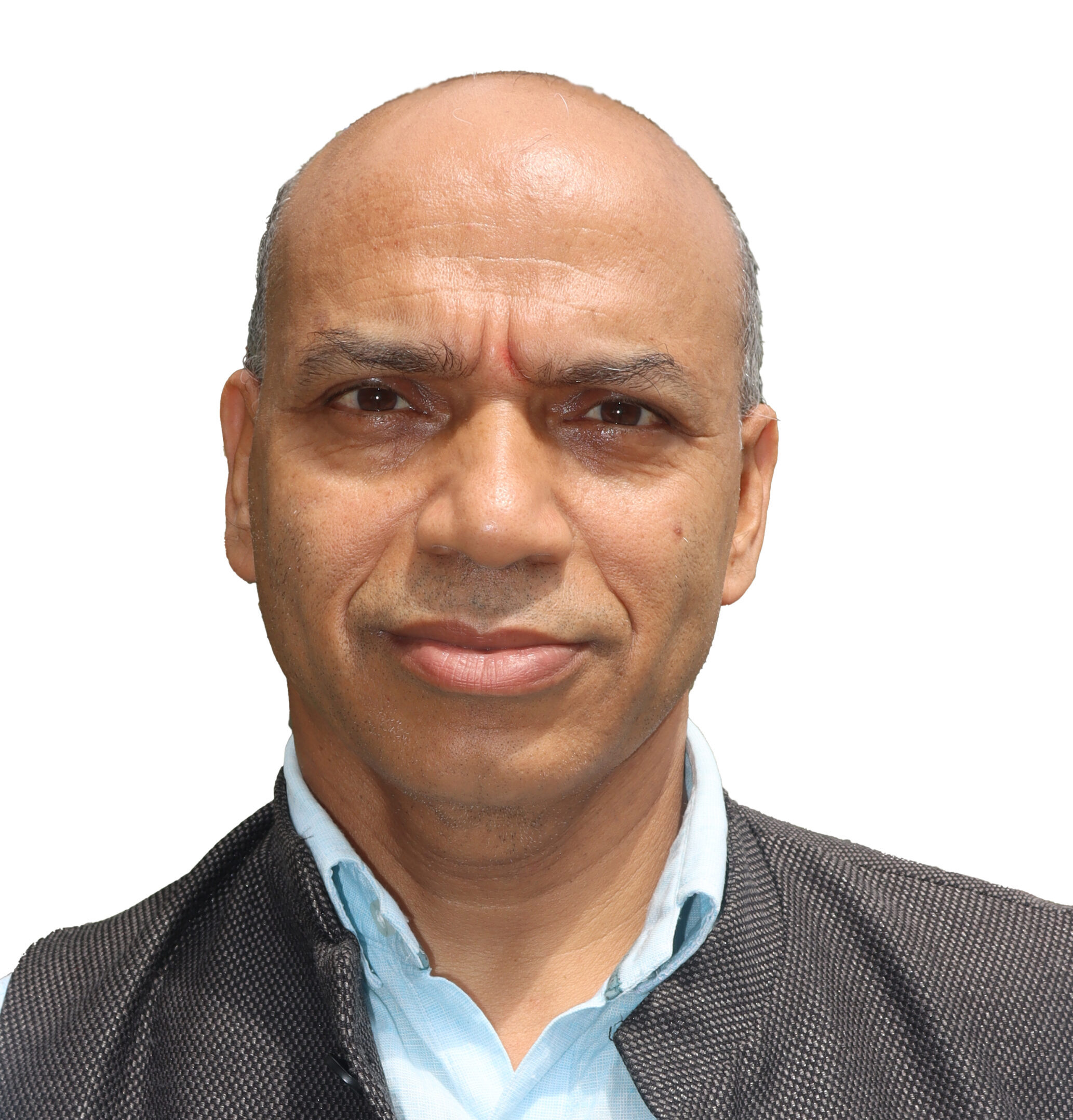SIAS organized a seminar on ‘Gender Relations and Water Resource Management in Nepal: Toward a Dialogue between Feminist, Developmental and Transdisciplinary Perspectives’ on Dec 5 2018. Dr. Stepahanie Leder from Department of Urban and Rural Development, Swedish University of Agricultural Sciences (SLU) delivered a paper highlighted the current challenges and opportunities for a dialogue to rethink the tensions between these diverse approaches
Drawing from critical feminist, development and transdisciplinary research on gender and water management in the Far Western Hills and the Eastern Terai of Nepal, Dr. Stephanie Leder highlights the current challenges and opportunities for a dialogue to rethink the tensions between these diverse approaches. She unpacks the gendered access to and control over local water resources within Nepal’s agrarian political economy which is strongly driven by (primarily male) rural out-migration, and critically reflects on the role of researchers, development practitioners and policy makers when designing gender interventions and surveys addressing women’s empowerment. To reconcile diverse perspectives on gender, she presents her original approach which aims at providing space for critical discussions on gender norms, roles and relations in water resource management: the “Participatory Gender Training for Community Groups”.
 Stephanie Leder holds a PhD in Cultural Geography from the University of Cologne, Germany. She studied geography, English, biology and educational sciences at the University of Cologne and the University of New Brunswick, Canada. For her PhD thesis, she conducted in-depth research on Education for Sustainable Development in policy and practice by examining geography teaching on water resources at secondary schools in Pune, India. She was a Postdoctoral Fellow for Gender, Youth and Inclusive Development at the International Water Management Institute (IWMI) in Kathmandu, Nepal, and led studies in inter- and transdisciplinary projects within the Consultative Group of International Agricultural Research (CGIAR) Program “Water, Land and Ecosystems” in India, Nepal and Bangladesh. Currently she is a Postdoctoral Researcher for Social and Environmental Justice at the Department of Urban and Rural Development at the Swedish University of Agricultural Sciences (SLU) in Uppsala, Sweden. She received a four-year Formas Mobility Grant of the Swedish Research Council, “Revitalizing community-managed irrigation systems in contexts of out-migration in Nepal” (4.5 Mio SEK).
Stephanie Leder holds a PhD in Cultural Geography from the University of Cologne, Germany. She studied geography, English, biology and educational sciences at the University of Cologne and the University of New Brunswick, Canada. For her PhD thesis, she conducted in-depth research on Education for Sustainable Development in policy and practice by examining geography teaching on water resources at secondary schools in Pune, India. She was a Postdoctoral Fellow for Gender, Youth and Inclusive Development at the International Water Management Institute (IWMI) in Kathmandu, Nepal, and led studies in inter- and transdisciplinary projects within the Consultative Group of International Agricultural Research (CGIAR) Program “Water, Land and Ecosystems” in India, Nepal and Bangladesh. Currently she is a Postdoctoral Researcher for Social and Environmental Justice at the Department of Urban and Rural Development at the Swedish University of Agricultural Sciences (SLU) in Uppsala, Sweden. She received a four-year Formas Mobility Grant of the Swedish Research Council, “Revitalizing community-managed irrigation systems in contexts of out-migration in Nepal” (4.5 Mio SEK).

 Download brochure
Download brochure 

